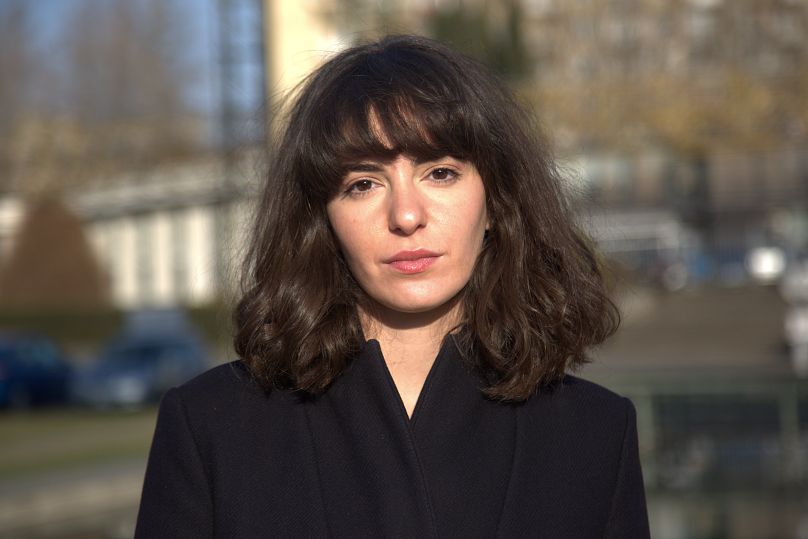How Georgia pioneered women's rights movement in former Soviet states
Sexual harassment was last week legally classified as a form of discrimination in Georgia, meaning that victims are now able to seek justice before a court, receive compensation, and hold perpetrators to account.
"This is a historic moment for the women's rights movement in Georgia," Tamar Dekanosidze, Equality Now’s Eurasia expert, told Euronews.
Before 2019, sexual harassment was outlawed in the workplace but did not carry any punishment.
It's now both classified as a form of discrimination and an administrative offence, the latter of which means the police can impose fines on perpetrators.
"The amendment is crucial for victims of sexual harassment as before they could not seek any remedy for what had happened to them," Dekanosidze added.
How did the legislation come about?
Georgia's own version of the #MeToo movement kicked off in April 2016 when journalist Tatia Samkharadze brought a civil case of sexual harassment against her former boss, Shalva Ramishvili, who was a senior television executive where she worked at Imedi TV.
"Back then, we had no law that would give this lady remedy for any of the abuses that she suffered, but despite this, the court used a progressive interpretation of the existing law and she won the case," Dekanosidze said.
Samkharadze won the case in both the first instance and in the court of appeal.
She said her career essentially came to an end when she first took Ramishvili to court in 2016 and that she also became the target of cyberbullying.
By 2017, more than 80 women who suffered sexual harassment had spoken up about this "very, very widespread violation of women's rights," according to Dekanosidze.
"They spoke about the harassment they had experienced at work, in public, and in literally every setting," she added. "This showed sexual harassment can be found everywhere."
At the same time, further cases were brought before the public defender's office and ombudsman.
There was even a case involving one of the biggest NGOs in Georgia — Civil Development Agency (CiDA), which deals with women's rights among other things — where 10 women spoke out against a perpetrator.
While the #MeToo movement was popular in Georgia, the wave of women sharing their stories came before that, according to Dekanosidze.
What is the situation in other ex-Soviet Union countries?
The situation in former countries of the Soviet Union varies, Dekanosidze explained.
In Moldova, sexual harassment is a criminal offence, while Ukraine also has sexual harassment legislation, but this is "not comprehensive," she said.
The South Caucasus nations of Georgia, Armenia, Azerbaijan along with five countries in Central Asia have never had any legislation outlawing sexual harassment.
Baltic states Lithuania, Latvia, Estonia have to conform to EU legislation, which outlaws sexual harassment against women.
There have been moves in Kyrgyzstan to make sexual harassment punishable, which were led by a female parliamentarian who was subject to sexual harassment in the country's parliament.
"Kyrgyzstan has influence over other countries in central Asia and is a leader in making changes in human rights field," said Dekanosidze.
"We are hoping the changes in Georgia and Kyrgyzstan will positively influence the countries in the South Caucasus and Central Asia," she added.
Why was Georgia the first to amend its law?
The Equality Now expert outlined three key reasons why the country was the first to make changes to its sexual harassment legislation.
- It has seen a strong women's rights movement that united a lot of actors in the country;
- A grassroots movement alone wasn't enough — pressure from international human rights organisations was necessary;
- The country's foreign policy is directed at integration with European structures rather than having a pro-Russian discourse.
What about other areas of women's rights?
"The result we have achieved is indeed a very, very significant step towards the protection of women in Georgia," said Dekanosidze
"But while Georgia has improved in a lot of areas concerning women's rights since 2014 ... I cannot say this about sexual-violence-related crimes" — a phenomenon which she said is also the case in other countries of the former Soviet Union.
She said the countries still have a long way to go concerning other forms of sexual violence, such as rape: "There is a lot of victim blaming as well as deficiencies in laws and practices."

